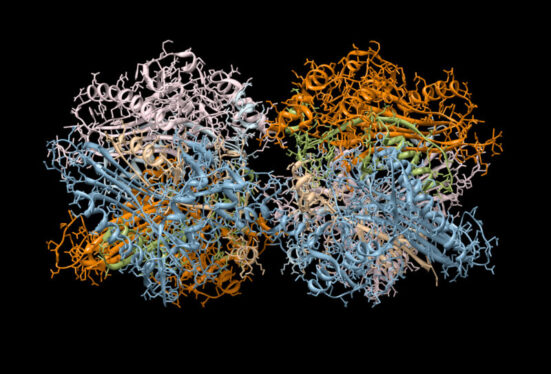
Antibodies are incredibly useful. Lots of recently developed drugs rely on antibodies that bind to and block the activity of specific proteins. They’re also great research tools, allowing us to identify proteins within cells, purify both proteins and cells, and so on. Therapeutic antibodies have provided our first defenses against emerging viruses like Ebola and SARS-CoV-2.
But making antibodies can be a serious pain, because it involves getting animals to make antibodies for us. You need to purify the protein you want the antibodies to stick to, inject it into an animal, and get the animal will produce antibodies as part of an immune response. From there, you either purify the antibodies, or to purify the cells that produce them. It’s time-consuming, doesn’t always work, and sometimes produces antibodies with properties that you’re not looking for.
But thanks to developments in AI-based protein predictions, all that hassle might become unnecessary. A recently developed diffusion model for protein structures has been adapted to antibody production and has successfully designed antibodies against flu virus proteins.
Read 13 remaining paragraphs | Comments




